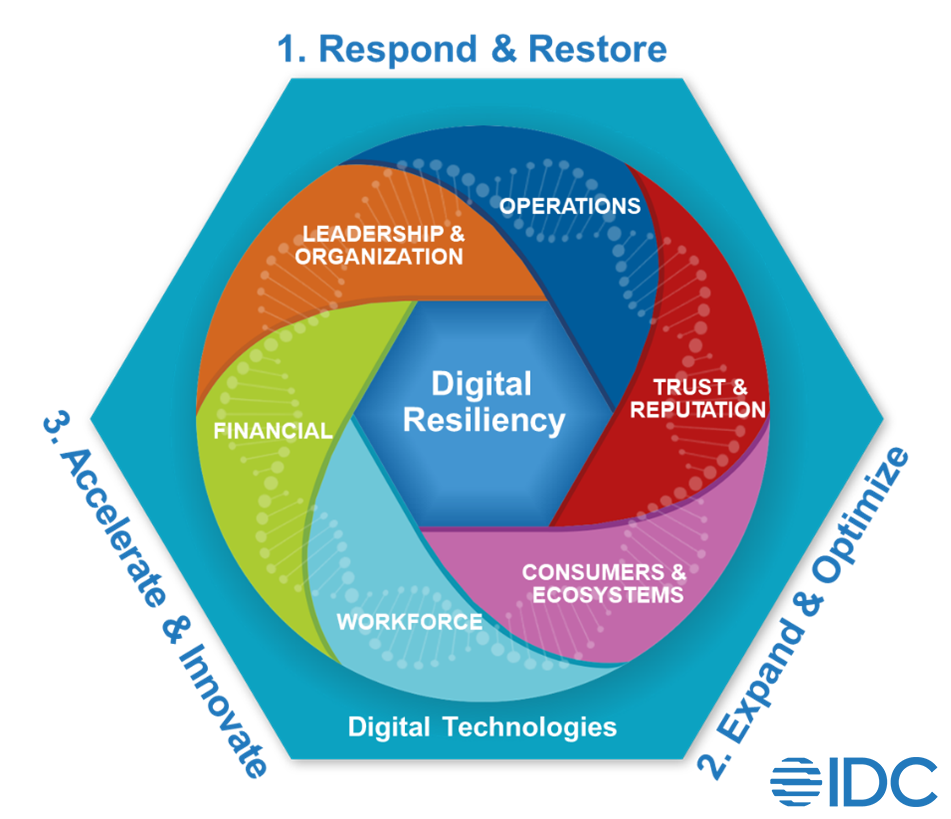Introduction: The Delicate Balance Between User Rights and Company Policies
Temporary bans imposed by video game companies often become permanent without notice or recourse for the user. While game developers must enforce rules to maintain online safety and integrity, overzealous or automated moderation that falsely punishes paying customers raises important legal questions. There needs to be a balance between a company’s terms of service and protecting users from negligent punishment without due process.

Common Moderation Practices and their Legal Implications
It is common for video game companies to increase temporary bans to permanent bans following further internal review of user behavior and account actions. This process is typically outlined within a game’s terms of service which players agree to upon creating an account. However, problems can arise when automated systems falsely flag innocent user actions as violations without opportunity for appeal or manual review. Depending on the specifics, this could potentially form the basis of legal claims around negligence, consumer protection violations, or breach of implied warranty of fair dealing.
Gathering Evidence to Build a Potential Case
For a user to build a case against unfair permanent bans, strong evidence would need to be gathered demonstrating the original ban reason was invalid and the internal review process was flawed and one-sided. This includes documenting one’s own innocent in-game actions, speaking to others with similar ban experiences, acquiring screenshots and transcripts to disprove stated violations, and working with experts to evaluate flaws in the game’s moderation policies and automated filtering systems. With a clear body of evidence, the possibility emerges for legal claims around unjust enrichment, defamation of character, or negligent oversight of automated systems.
The Roadblocks to Litigation and Alternative Paths
While the evidence in a given case may show potential grounds to sue, actually pursuing litigation against a major video game company presents huge practical and financial roadblocks for an individual. The company likely has a large legal team and broad rights defined in their lengthy terms of service. Settling disputes out of court is usually preferable when possible. Some alternative paths include respectfully contacting company support and requesting a manual review of the specific ban by a person, starting an online petition to draw attention, or working with a nonprofit advocacy group focused on consumer issues in the gaming industry.
Roblox as a Case Study in Automated Moderation Problems
Roblox’s popularity has brought much scrutiny to its moderation practices over the years. The game’s young player base relies on an automated filtering system to detect and punish violations, yet it is widely documented to hastily and incorrectly ban users for innocent actions or ordinary conversations. Stories abound of children being suspended for saying normal names or discussing everyday school topics without consideration of context. While Roblox claims to review escalated bans, the one-sided nature of their initial punishments raises concerns about due process, proportional and consistent punishments, and negligent oversight of automated systems policing a children’s platform.
Building a Test Case Against Roblox’s Policies
A determined individual or advocacy group could attempt building a test legal case against Roblox by meticulously gathering evidence of one’s own clearly false and unjust ban, as well as similar cases affecting others. They would work to showcase glaring flaws in Roblox’s current automated filtering protocols through experts in relevant fields such as education and children’s development. With a strong body of proof demonstrating the routine false punishment of paying customers through a faulty system operating without accountability or opportunity for appeal, it presents an opportunity to have Roblox’s practices scrutinized and evaluated on the merits of consumer protection law, computer error liability, and children’s online safety guidelines.
Considerations for Filing Suit and Achieving Resolution
Succeeding in a lawsuit against a major company like Roblox would require experienced legal counsel well-versed in video game law, consumer protection statutes, and negligence claims regarding automated systems. It may take time and many court filings to even have standing to bring various causes of action. In the end, an ideal resolution for all parties likely involves achieving policy changes through respectful back-channel discussions rather than protracted litigation. The goal should be establishing fair appeals processes, more rigorous human review of sanctioned accounts, improved filters incorporating user contextual data, and other reforms ensuring users are not denied a basic level of due process and justice through one-sided automated punishments.
Conclusion: The Balance Between Rules and Fairness Requires Constant Effort
Video game companies must have policies in place to enforce standards of conduct, protect intellectual property, and provide safe online experiences for all players and creators. However, as systems become more automated over time, the potential also rises for erroneous punitive actions affecting real people in unfair ways. While terms of service grant companies wide latitude, reasonable expectations of consumer protection, due process, and justice apply equally in virtual environments. Ongoing efforts toward balanced, transparent, and error-proof moderation practices will be important to respect player investment and trust in the industry. Strict liability for technological failures that cause user harm may spur further self-regulation as well. Overall, achieving the right balance is an ongoing process requiring input, collaboration and compromise from all sides.
 Building Digital Resilience Against Lag
Building Digital Resilience Against Lag